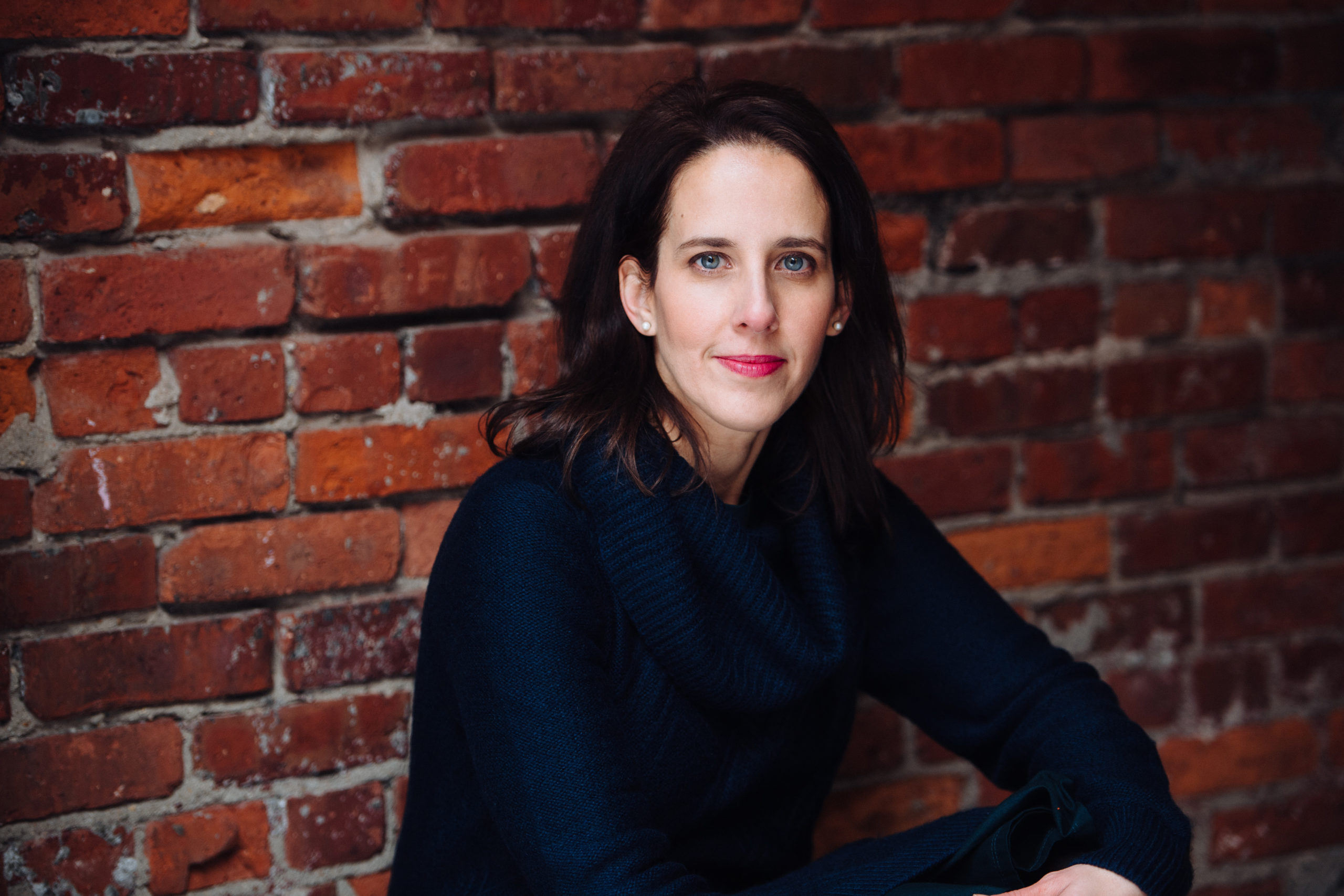
“Hope . . . is a gift. Like life, it is a gift from God, total, unexpected, incomprehensible, undeserved. It springs out of nothingness, completely free. But to meet it, we have to descend into nothingness. And there we meet hope most perfectly, when we are stripped of our own confidence, our own strength, when we almost no longer exist.” —THOMAS MERTON, “THE NEW MAN”
While the world tells us we must work hard for our security, that we must make ourselves bigger, and more visible, hope comes, as Thomas Merton says, as a gift. It comes when we are small and unseen because that is when we need it most.
Last week, Audrey and I read a story from her Easter compilation which I mentioned last year in my post called “Small Steps Towards Incarnation.” Like “The White Lily,” the story I paraphrased last year, this one, called “The Golden Egg” is rich with symbolism and full of hope. The story is about a poor little girl in London whose father is in debtor’s prison. He had borrowed money when her mother was sick and was all ready to pay it back when it was stolen. One of the wealthy landowners is having an egg hunt and one special golden egg will be worth a large sum of money for whoever finds it. Winifred, the little girl, goes into a church and prays that she might find the egg, but a friend of hers actually overhears the landowner saying where it will be hidden and tells her. At first, she thinks God has answered her prayer, but then she realizes it would not be honorable to find the egg since she has this inside information. Still, she does not lose hope. She goes back to the chapel where she prayed and says, “Dear Lord, I am giving it up. I cannot ask you for the golden egg now, but oh Lord, please help me somehow.” Later, when she takes her little brother to the egg hunt just for fun, the wealthy landowner sees her and asks her why she’s not hunting for eggs. In tears, she tells him the whole story, and in the end, he frees her father from prison and sends her entire family to the “New World” where he has land.
It was well-written and Audrey started to sob at the end. We talked about how the little girl didn’t lose hope despite the fact that what she thought was her hope, disappeared. “We will go on hoping,” says the girl’s mother, who never knew anything about the egg. “And I will go on hoping too,” Winifred had replied. In the end, even what she hoped to receive is different- new. She had been hoping to leave the debtor’s prison housing and go back to the green fields she remembered when she was a baby. Instead, the landowner sends her to the “New World.” He does more than fix what was broken, or return her to her old life. He gives her a completely new one.
In any kind of loss or struggle, we often have to “descend into nothingness” as Thomas Merton calls it. We cannot go back to our previous life; we are unsure of what life lies ahead. But at the end of ourselves: our resources, our knowledge, our network of friends, our talents and our plans, there it is: true hope. I think this is what Jesus means when he says those who lose their lives, will find it. Anne Lamott, in her book “Help, Thanks, Wow,” puts it this way: “There’s freedom in hitting bottom, in seeing that you won’t be able to save or rescue your daughter, her spouse, his parents, or your career, relief in admitting you’ve reached the place of great unknowing. This is where restoration can begin…”
Like Winifred, we “go on hoping,” and we act out that hope. In her case, she goes back to the same church and prays again, “please help me somehow.” As we approach Lent, it seems like a great time to surrender, to be “stripped of our confidence,” as we await Easter hope.





Beautiful reminder! Thank you
I love all your posts about Lent for the past three years as I never practiced it traditionally. You provide great insights for it. Thank you for taking the time to write your thoughts, I also dig the references from Merton and Lamott 🙂
Thanks H. After all these years we should meet up sometime. It warms my heart that you followed Dan’s blog so many years ago and follow mine now. I remember sitting in our brooklyn apartment looking over his commenters saying “Who’s teeth?”